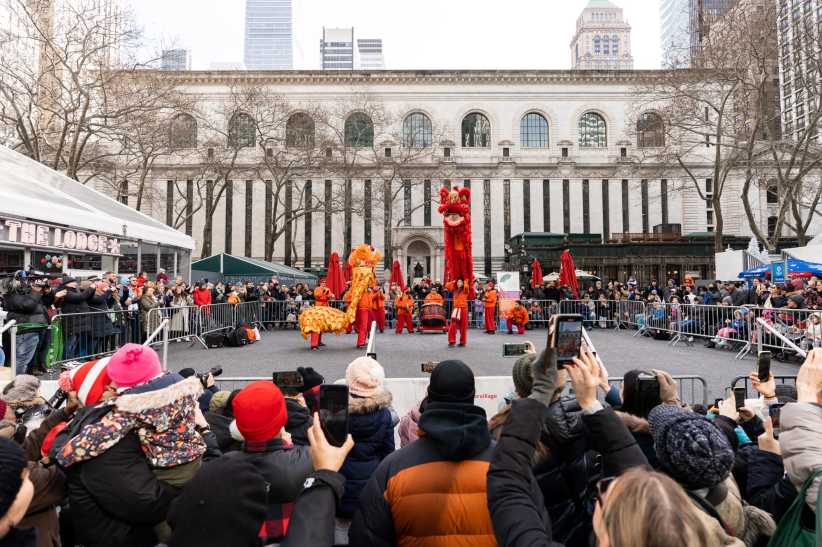With the flu season officially here, it’s important to consider the single best way to prevent influenza (commonly known as “the flu”) – the flu vaccine. What many older adults don’t know is that the immune system weakens with age, meaning older adults are at a higher risk for flu and related complications.
More than 200,000 people in the U.S. are hospitalized each year from flu-related illness, according to the Centers for Disease Control and Prevention. Adults aged 65 and older typically account for more than half (60 percent) of these hospitalizations and almost all (90 percent) flu-related deaths, the CDC reports.
To help spread the word about this serious public health issue, the National Council on Aging (NCOA) has launched the second year of Flu + You, an educational program that encourages older adults and their caregivers to learn about the seriousness of the flu, the importance of annual vaccination, and vaccine options for adults 65 and older. Actor Lee Majors, best known for his iconic television role as The Six Million Dollar Man, is joining the campaign this year as a national spokesperson. “
According to the CDC, the leading reason older adults do not get the flu vaccine is because they are unaware they need it,” says Majors. “I get the flu shot every year and encourage my peers to do the same. It’s a simple step you can take to help protect yourself from the flu.”
The flu can make existing health conditions worse, and it is especially dangerous for people with lung disease, heart disease, diabetes, kidney disease and cancer, conditions that commonly affect older adults. Nationwide, 86 percent of adults 65 years of age and older have at least one chronic health condition and approximately 66 percent of Medicare beneficiaries have two or more chronic conditions, according to the CDC. These conditions put them at increased risk of the flu and flu-related complications, which include hospitalization and even death.
“The CDC recommends an annual flu vaccine as the single best way to protect yourself from the flu, yet a third of people 65 and older still don’t get vaccinated,” says Dr. Richard Birkel, NCOA senior vice president for Healthy Aging and Director of NCOA’s Self-Management Alliance. “As NCOA continues to educate older adults about the flu and the potential severity of the illness, we hope to encourage more people to help protect themselves and their loved ones by getting an annual flu shot.”
There are now many types of flu vaccines, with several specifically indicated for certain age groups or immunization needs, including a higher dose flu vaccine, for adults 65 and older, that is designed specifically to address the age-related decline of the immune system. By improving the production of antibodies in older patients, the higher dose vaccine can provide a stronger immune response to the flu than traditional vaccines. Whichever vaccine option is selected, an annual flu shot is a Medicare Part B benefit. This means that the vaccine is covered with no copay for Medicare beneficiaries 65 and older.
Older adults and their caregivers can learn more about vaccine options and the importance of getting an annual flu vaccine on the Flu + You website, www. ncoa.org/Flu, which features free educational materials, a public service announcement with Majors, and more facts about the flu.
Flu + You is a national public education initiative from the National Council on Aging with support from Sanofi Pasteur.
-Courtesy BPT
RECOMMENDED STORIES



































